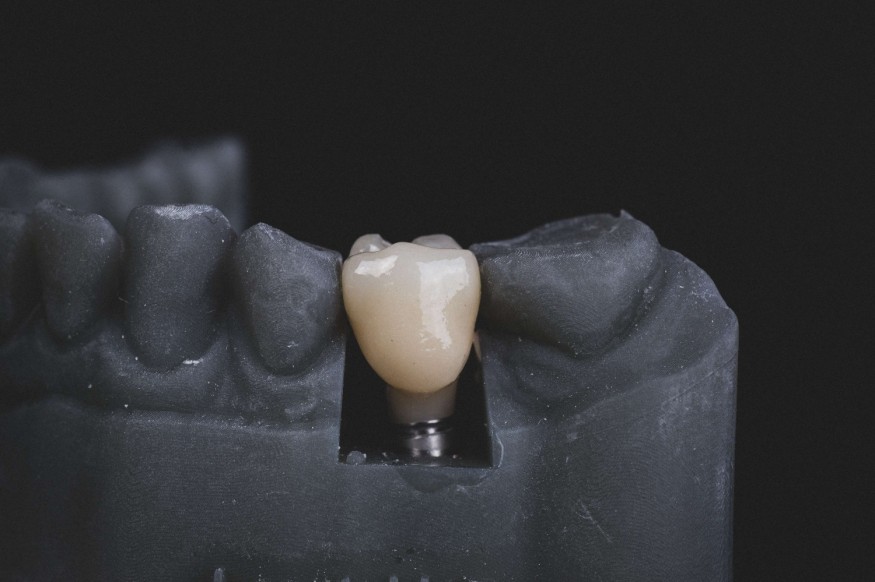Titanium is commonly used in medical and dental implants for its excellent strength and resistance to corrosion. Over time, doctors noticed that the titanium implants generate less immune response because of their biocompatibility, which may also result in a problem when it assimilates too much into bone tissues making it harder to remove later.
Although numerous studies have explained biological reactions with body implants, the biocompatibility of titanium remains poorly understood. But scientists from the Tokyo Medical and Dental University (TMDU) explore its source and look for the answer that explains the surface properties that give titanium these features.

History of Dental Implant Materials: Pros and Cons of Titanium
The European Federation of Periodontology (EFP) explains that Titanium implants have been the traditional material for dental implants because of how well they fuse with the human jawbone.
Since the 1960s, dental implants were already used to replace missing teeth, support crowns, bridges, and even dentures. Titanium is the traditional option for dental implants, but there are now other materials, such as ceramic implants made of zirconia, as alternative options.
Titanium implants have several advantages. It can come in two-piece varieties that can be used to correct implant positioning, it has high resistance to corrosion because of excellent biocompatibility and low rate of failure, according to Periodontology 2000.
Also, it rarely causes an allergic reaction when the titanium implant fails. Patients with autoimmune diseases may experience local inflammation and The European Federation of Periodontology (EFP) explains that Titanium implants have been the traditional material for dental implants because of how well they fuse with the human jawbone.
Since the 1960s, dental implants were already used to replace missing teeth, support crowns, bridges, and even dentures. Titanium is the traditional option for dental implants, but there are now other materials, such as ceramic implants made of zirconia, as alternative options.
Titanium implants have several advantages. It can come in two-piece varieties that can be used to correct implant positioning, it has high resistance to corrosion because of excellent biocompatibility and low rate of failure, according to Periodontology 2000.
Also, it rarely causes an allergic reaction when the titanium implant fails. Patients with autoimmune diseases may experience local inflammation and irritation as metal ions are released from the implant. as metal ions are released from the implant.
Titanium Biocompatibility for Medicine Applications Explored
Researchers from TMDU tested thin titanium disks in a solution that mimics extracellular fluid of the body and saline. Phys.org reported that the team measured the amount of photoelectrically current that the implant generated when the light of different wavelengths is illuminated on the disks. They also used photoelectron spectroscopy to identify the passive films naturally present on the titanium's surface.
First study author Seong-Cheol Kim said that passive films have a thin titanium dioxide layer containing small amounts of titanium(III) oxide, titanium oxide, hydroxyl groups, and water. They found that calcium and phosphate ions were incorporated or formed calcium phosphate during polarization but not in saline. The formation of calcium phosphate is also quicker, which helps reduce immune response.
Corresponding author Takao Hanawa added that the experiment revealed the high corrosion resistance of the titanium is one of the reasons for its high biocompatibility compared to other metals. They hope their research will lead to safer and less expensive implants since titanium is relatively expensive and rare.
The study titled "Band Structures of Passive Films on Titanium in Simulated Bioliquids Determined by Photoelectrochemical Response: Principle Governing the Biocompatibility" was published in the journal Science and Technology of Advanced Materials.
Check out more news and information on Implants in Science Times.
© 2026 ScienceTimes.com All rights reserved. Do not reproduce without permission. The window to the world of Science Times.












